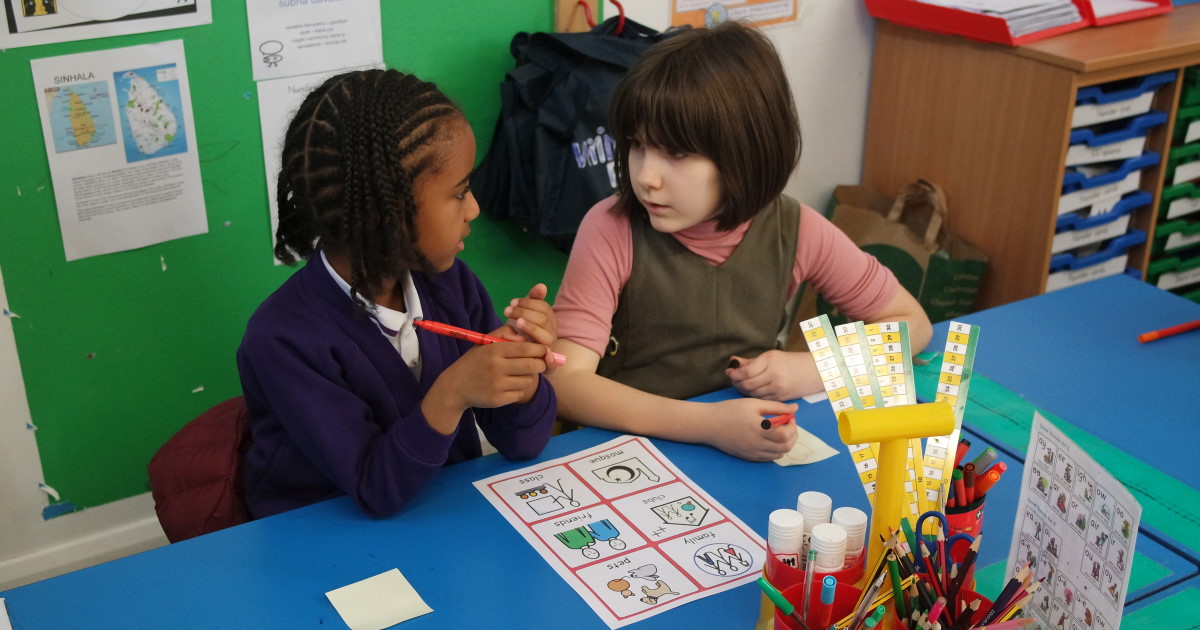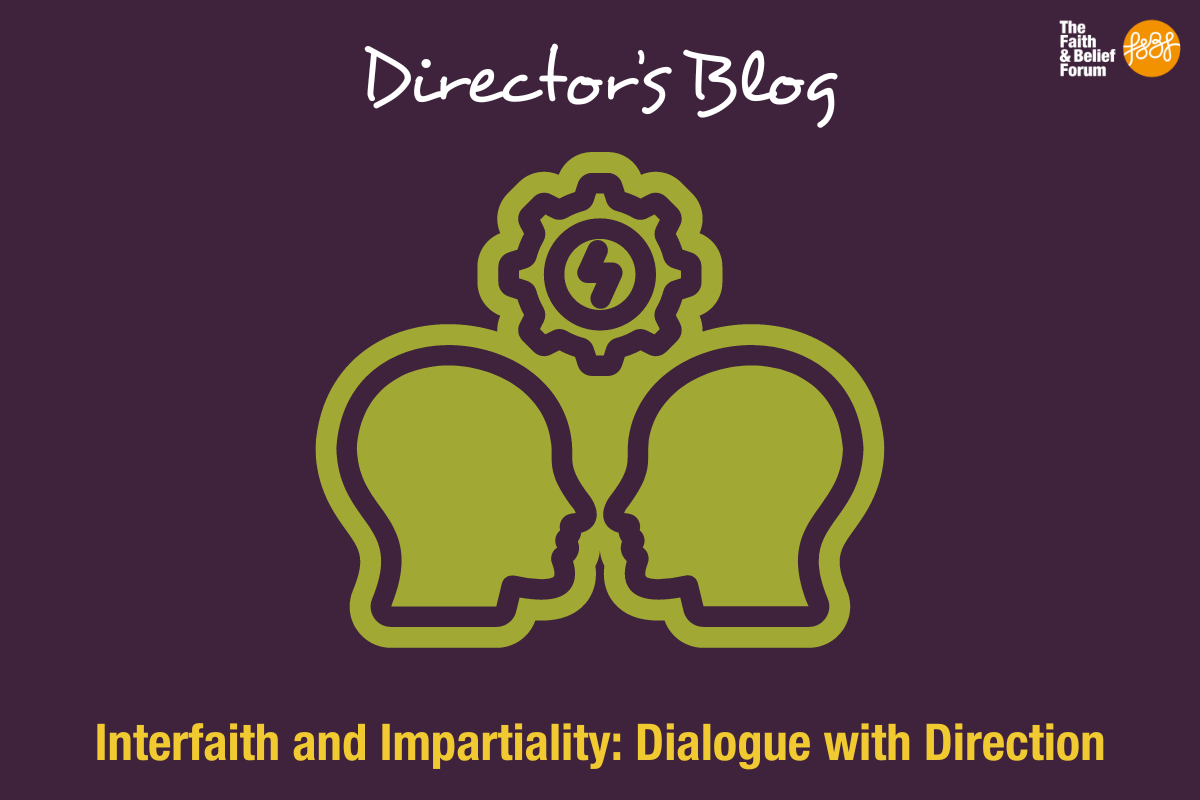
Challenging Faith Based Hate: True Stories
16 / 02 / 24
Menu

09 / 09 / 20

Phil Champain, Director of the Faith & Belief Forum
With the start of a new academic year looming there is much to think about for students, teachers, and parents. As I mentioned in last month’s blog, the pandemic has had a massive impact on education, with more than 1.2 billion children out of the classroom globally. Here in the UK, as elsewhere, schools and universities are faced with the daunting challenge of keeping students safe and restarting education provision in pandemic influenced conditions which are likely to last for some time. Steve Chalke of Oasis Academy Trust has been saying for sometime that schools need to reopen for the sake of poor families. Rising inequality is feature of the pandemic, with children’s education a key factor.
We all have a stake in our educational institutions, whether students, parents, governors, employers. Schools and universities should not be viewed in isolation from the wider communities they are embedded within. 720,000 current students volunteer in their local area for example and when I was a teacher myself back in the 1980s I taught in a community school, defined as both a place and a set of partnerships between the school and others in the community.
As an interfaith organisation we have a programme that takes speakers into schools to share stories of their faiths and beliefs, to connect students with people from the wider community who may have very different faiths, beliefs and identities to their own. And our ParliaMentors programme supports undergraduates from different backgrounds to work together on community based social action projects. Sadly, with the onset of the pandemic we can no longer offer the same experiences as we did last year. Five months into the covid-19 crisis it remains unclear as to how schools will manage school visits, and social distancing makes social action projects, such as those involving care homes, hard to imagine right now. But schools must reopen. Education must continue.
So, like others, we are moving much of what we do online and working out how best to sustain what we do in the online space. We are exploring how to project our speakers’ stories into schools via the internet, to provide more teaching resources online, and support social action that can support efforts to manage the pandemic. The online world is familiar to most of us no doubt, though not all can afford internet access outside school. What is unfamiliar is the way we are suddenly much more dependent on it because of the lack of opportunity to meet face to face.
Given this, with more and more online information and experience, learning and teaching about the value of critical thinking is increasingly important. The internet provides many opportunities, but it also ‘presents enormous risks for children from malicious news sites to deceptive advertising to salacious content’. Bringing a critical eye to what we experience is essential to learning and requires careful consideration.
At F&BF we have always emphasised the need to think carefully about the learning environment when exploring faith, belief, and identity – create the right space, set ground-rules, know how to deal with controversial issues. Dialogue can be hard. It is about facing the unfamiliar, about being uncomfortable sometimes. We must be open, but also questioning. In our busines of interfaith dialogue and the exploration of identity, empathy, active listening, and the ability to ask questions in the right way are essential components of learning processes. Transferring this all online is not straightforward.
For us then, it has been important, given the increase in online engagement and the decrease in face-to-face interaction, to keep thinking this through – to add value to the education experience as schools and universities reopen. You will, therefore, find in this newsletter some new resources we have developed on dealing with controversial issues. These resources are targeted at teachers and can be found here, as part of our new online resources web page.
More broadly, and as the new academic year begins, we are prepared to engage more online. We will work with undergraduates on our ParliaMentors programme to work out what meaningful social action means during the pandemic, and will support teachers in sustaining challenging educational experiences for their students despite diminished opportunities for school visits and face to face exchanges.
It is not a question of waiting for the pandemic to pass. We must adapt and learn new ways of encountering different faiths, beliefs, and identities. We must support the restart of young people’s education in ways that can build positive futures for all, no matter who. Not doing so will risk the exacerbation of misunderstanding, prejudice, exclusion, and division at a time when we badly need to work together.

16 / 02 / 24

15 / 02 / 24

16 / 01 / 24